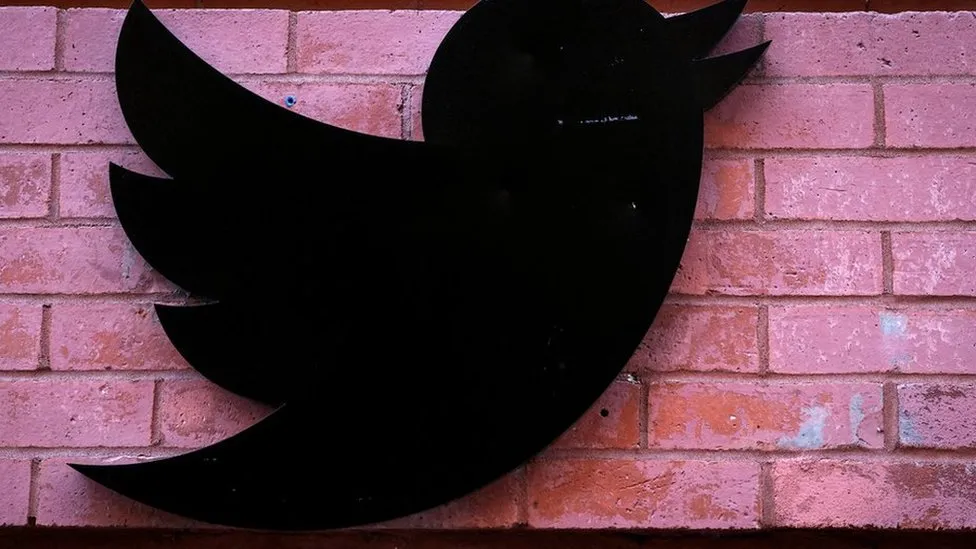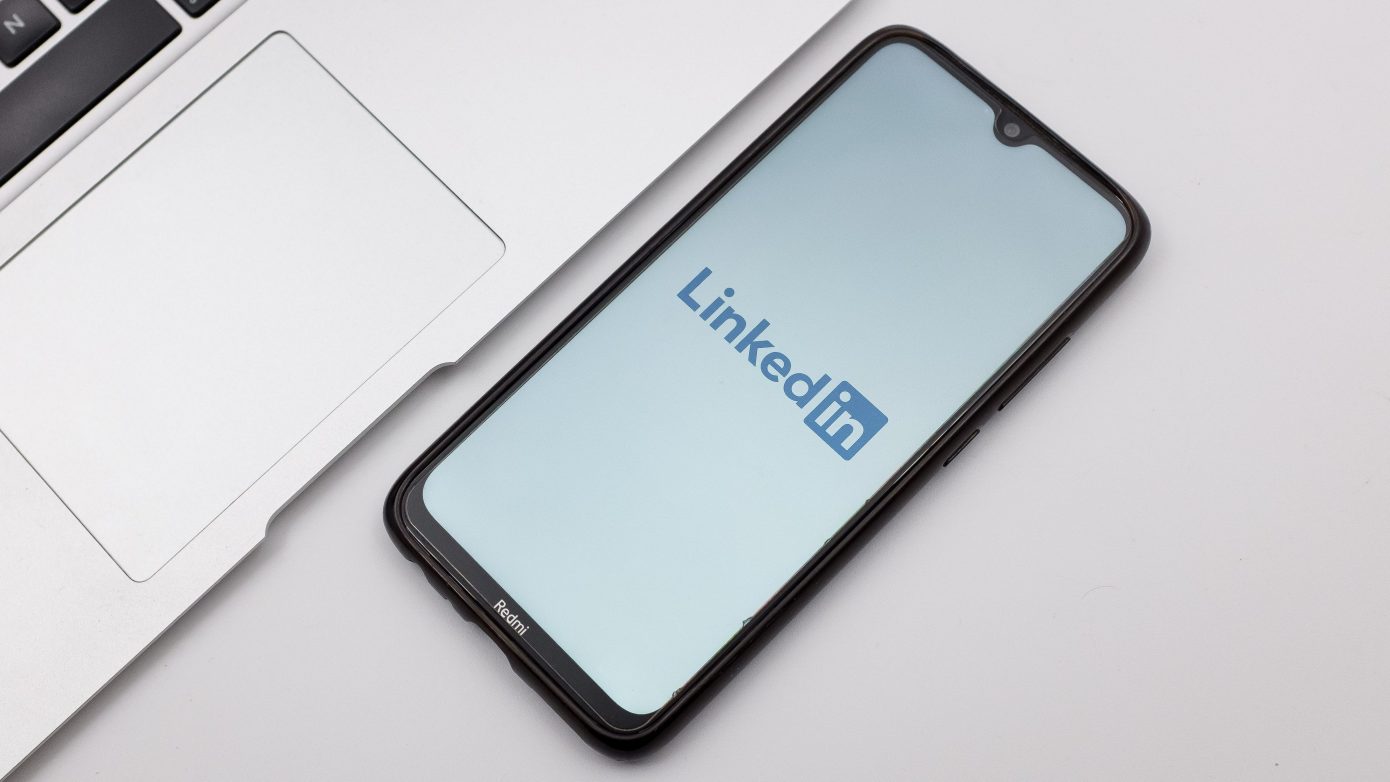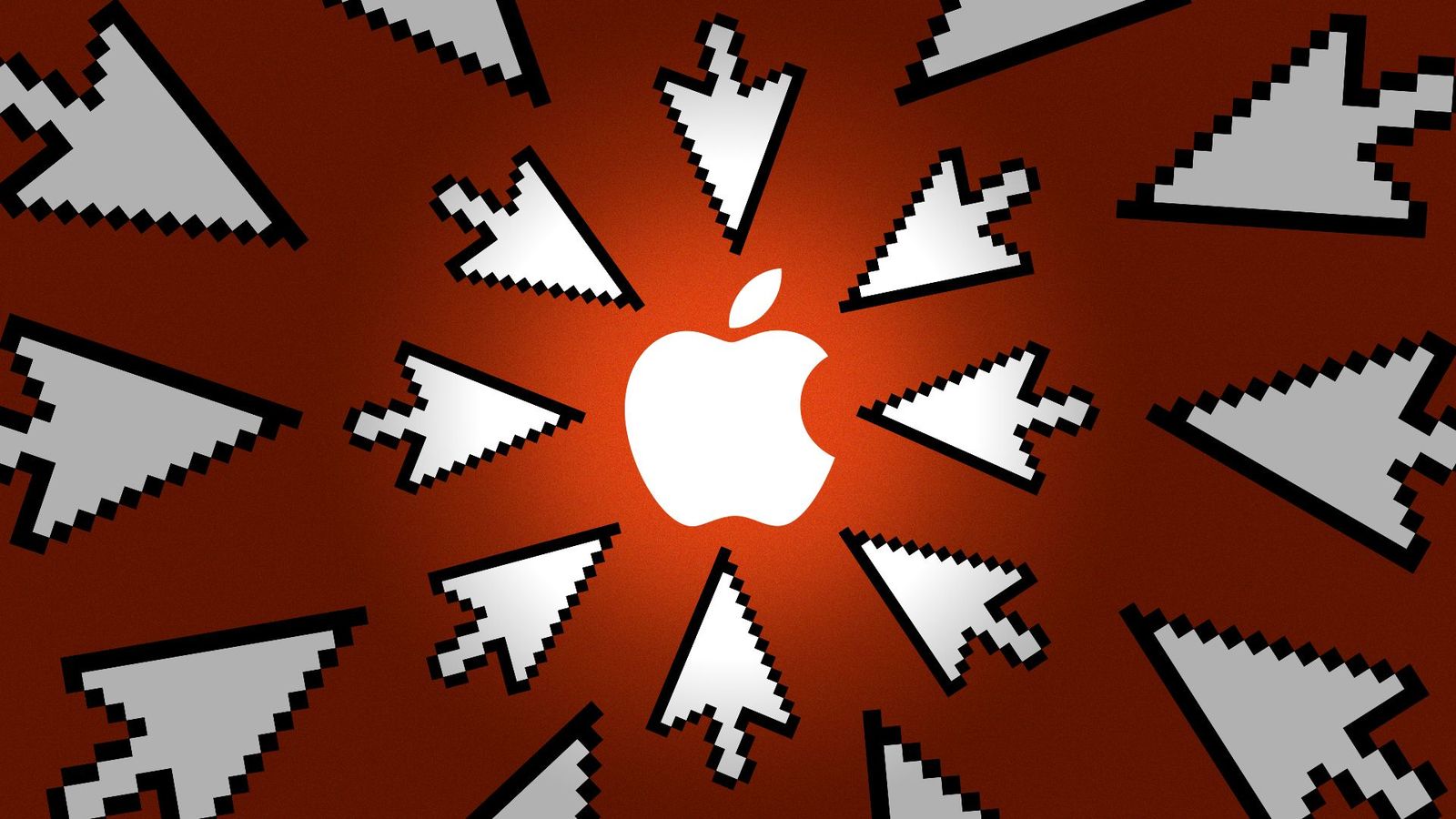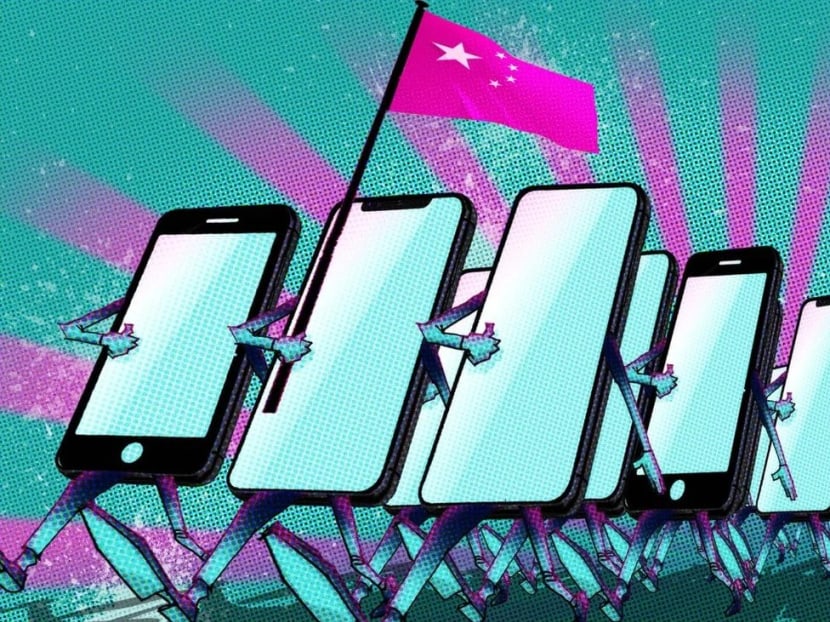Find out the week’s top mobile stories from around the world. Stories this week include… Twitter staff cuts leave Russian trolls unchecked, EU privacy body forms ChatGPT task force, Vimeo to pay $2.25M in AI-related biometric privacy lawsuit and much more…

Twitter staff cuts leave Russian trolls unchecked
BBC
Hundreds of Russian and Chinese state propaganda accounts are thriving on Twitter after Elon Musk wiped out the team that fought these networks, the BBC has found.
The unit worked to combat “information operations”, coordinated campaigns by countries such as Russia, China, and Iran, made to influence public opinion and disrupt democracy.
But experts and former employees say the majority of these specialists resigned or were laid off, leaving the platform vulnerable to foreign manipulation. The BBC has spoken to several of them. They asked for anonymity, citing non-disclosure agreements and threats they received online.
Read more…
EU privacy body forms ChatGPT task force
Mobile World Live
The European Union’s data protection body formed a task force dedicated to issues around ChatGPT, a move designed to foster cooperation between national authorities and share detail on any enforcement action.
In a brief statement the European Data Protection Board (EDPB) announced the formation of the group, noting it would allow the “exchange of information” on possible moves by individual data protection authorities in the region.
Read more…
Vimeo to pay $2.25M in AI-related biometric privacy lawsuit
SC Media
Vimeo agreed to pay $2.25 million to certain users of its AI-based video creation and editing platform called Magisto to resolve claims it collected and stored their biometric data. The payout is part of a lawsuit and settlement that alleged the biometric data of users was taken without consent when they uploaded photographs and videos to the platform via the Magisto mobile app, in violation of Illinois’ Biometrics Information Privacy Act (BIPA).
Vimeo denies any wrongdoings tied to the allegations.
Read more…
Twitter Isn’t a Company Anymore; Can It Be a Super App?
PYMNTS
Seamless, embedded payment capabilities are emerging as a critical growth flywheel for tech platforms.
This, as Meta pilots in-app business payment capabilities for WhatsApp users and merchants in Brazil, and Elon Musk ends Twitter’s run as an independent organization by merging the social platform with a newly formed shell company called X Corp.
Musk tweeted about the merger Tuesday (April 11), posting just the single character “X.”
Read more…
LinkedIn rolls out ways to verify your identity and employment, without a price tag
TechCrunch
LinkedIn is introducing new ways to verify your identity and where you work, the company announced on Wednesday. Unlike with Twitter and Meta, LinkedIn’s new verification measures don’t include paid subscriptions or blue checkmarks.
The company is partnering with CLEAR, a secure identity platform, to provide verification for LinkedIn users in the United States. Starting this month, users can display on your profile that they verified your identity with CLEAR. To do so, you need to provide your government-issued ID and phone number.
Read more…
Scoop: France eyeing antitrust action against Apple
Axios
The French Competition Authority is likely to move forward soon with an antitrust investigation into Apple over complaints tied to 2021 changes to its app tracking policies, sources told Axios.
Why it matters: A formal investigation would mark the first major government move taken globally against Apple related to privacy rule changes that upended the digital advertising world.
Driving the news: French regulators are favoring issuing a formal “Statement of Objections” to parties involved in the matter in coming weeks, sources told Axios.
Read more…
Mobile Not Getting the Most Out of Consumer Giveaways
The Fast Mode
5G hasn’t been the reliable consumer revenue generator mobile hoped it’d be and competition to keep subscribers remains fierce. This has led most operators to explore loyalty plays that often include bundling of third-party digital services. Basically, “We value you as a customer, here’s a premium service on us.” The strategy makes sense but the executions can get clumsy.
Often, consumers have to jump through a series of hoops to sign up for the service. They need to use proprietary portals, promo codes and create new accounts. That’s if they bother trying at all. For many, if it’s not dead simple, they won’t take advantage of the offer.
Read more…
AI-run solar cells make IoT rage at the dying of the light – invention
Mobile Europe
Newcastle University researchers claim they’ve invented a smaller more potent type of photovoltaic cell that can even run internet of Things (IoT) devices on ambient light. It means new tiny IoT gadgets can penetrate further into the field and it lengthens the hours of daylight available as a power source for automation in the field.
The key breakthrough technology uses artificial intelligence (AI) to help it extract every available joule from ambient light. This smart and adaptive operation results in a lowering of energy consumption in sensor devices, leading to less wasteful power management as less battery wastage is involved in the transfer of energy.
Read more…
How mobile phones in China have gone from status symbol to disruptive technology
Today Online
HONG KONG — Retired businessman He Run remembers his first mobile phone was “the size of a small kettle” and worth more than a year’s salary for most Chinese.
It was 1991, some 18 years after the first mobile phone call was made by Motorola engineer Martin Cooper, and Mr He was one of the few wealthy businessmen in China to own the cutting-edge technology.
The Guangdong native splurged 20,000 yuan — or about US$3,745 (S$4,965) at the time — on a clunky Motorola, nicknamed the “da ge da”, which translates to big boss phone thanks to its ubiquitous appearances in Hong Kong gangster films.













